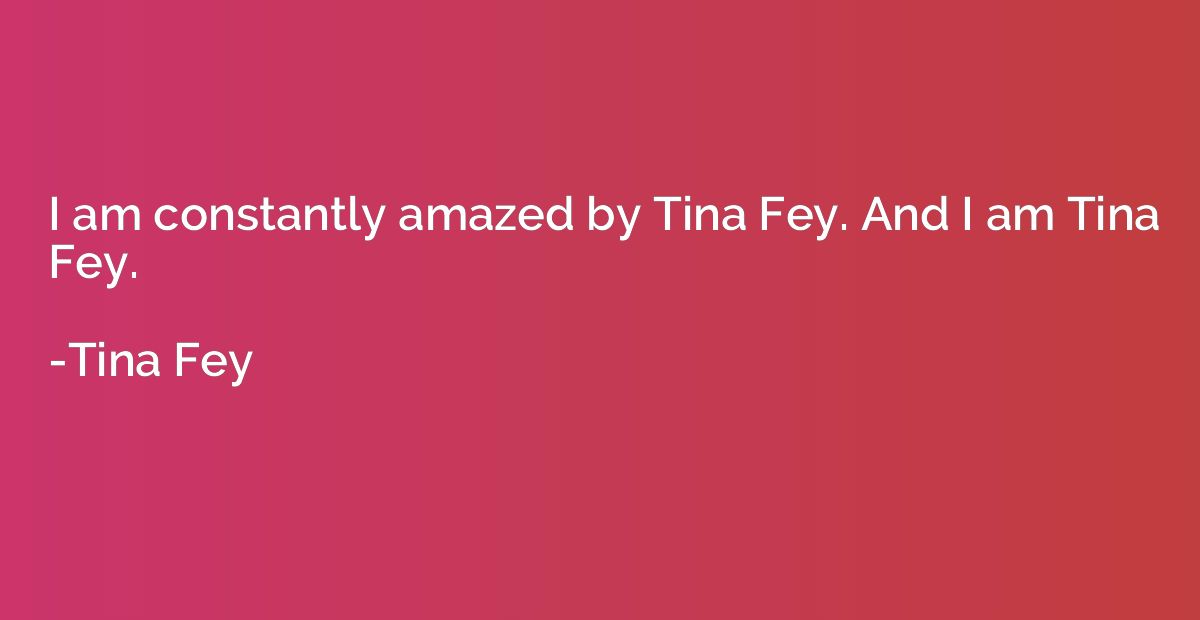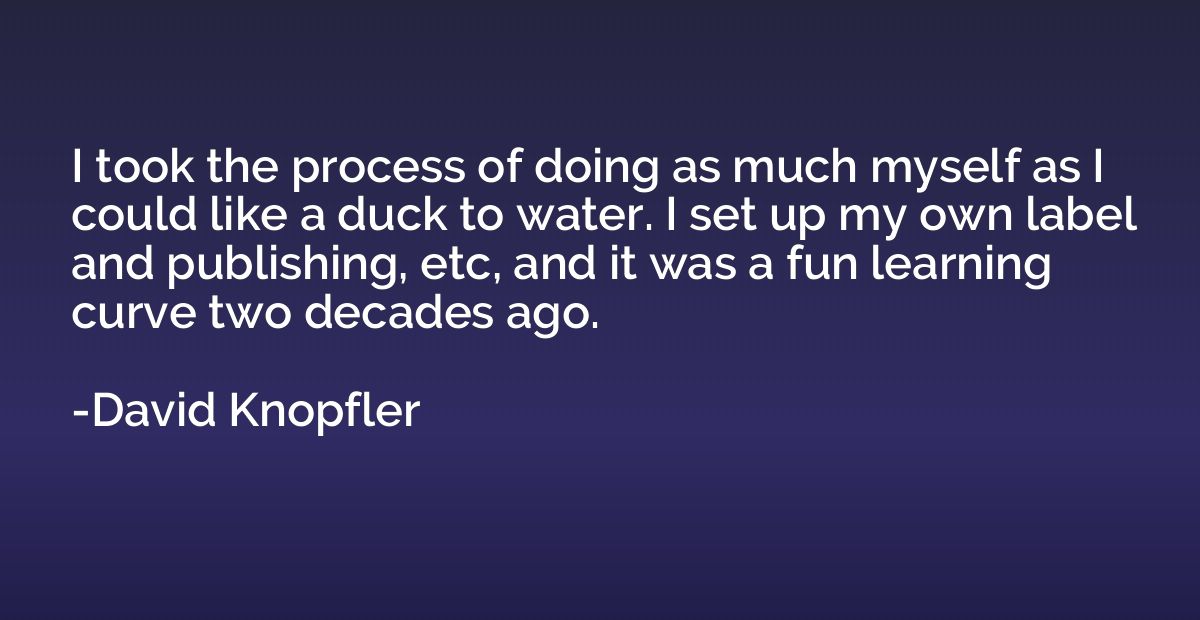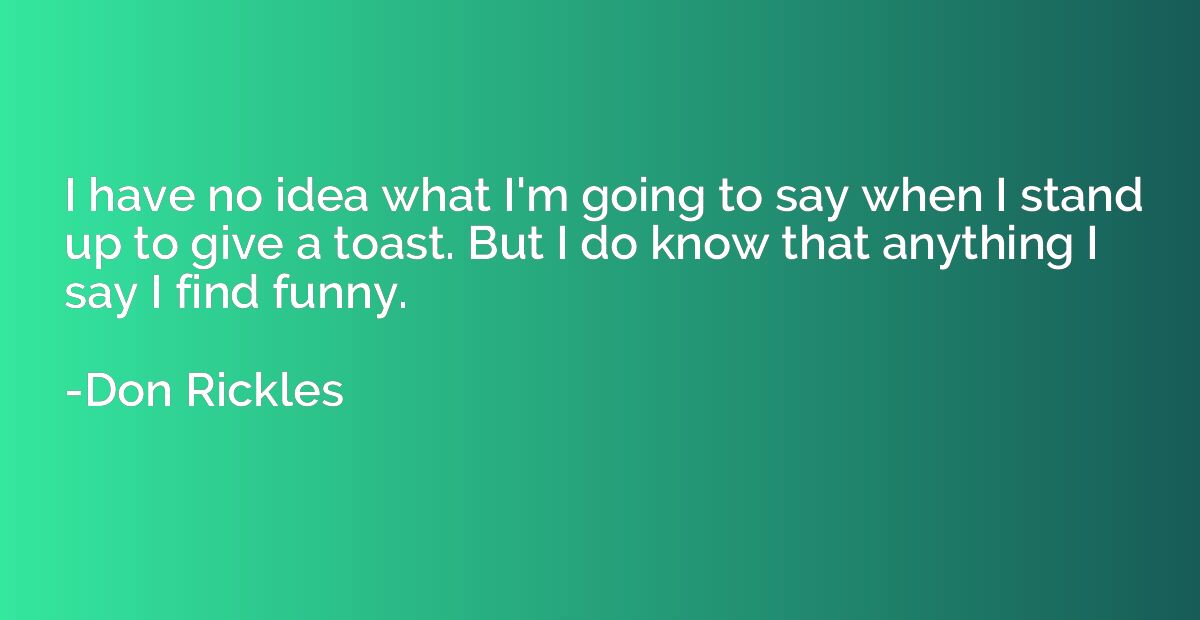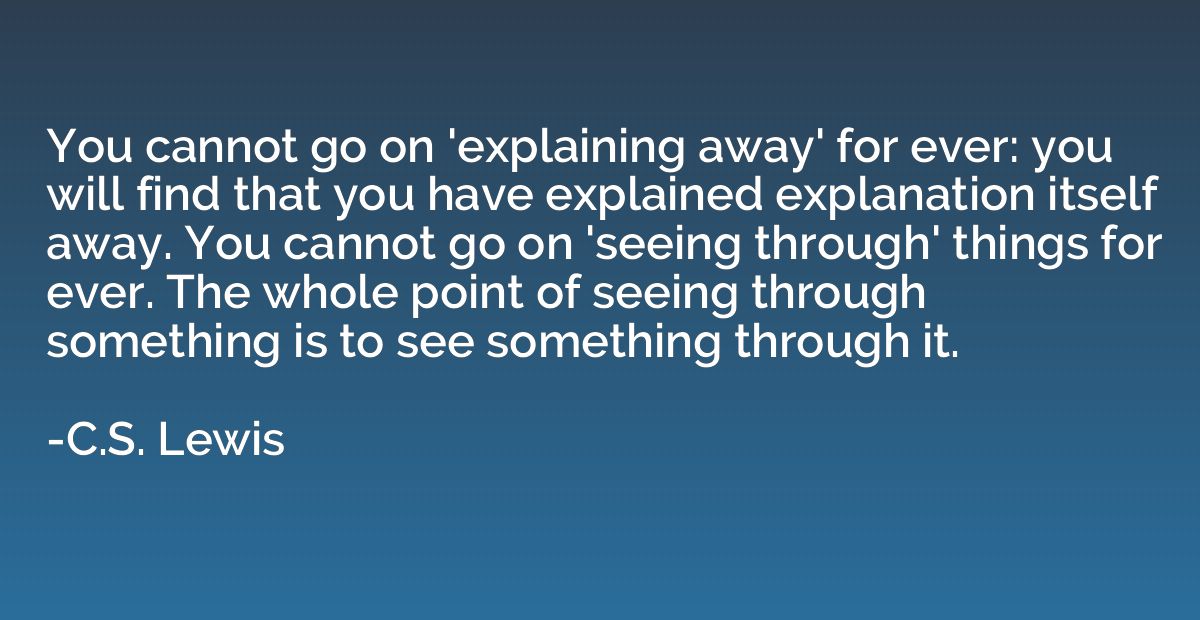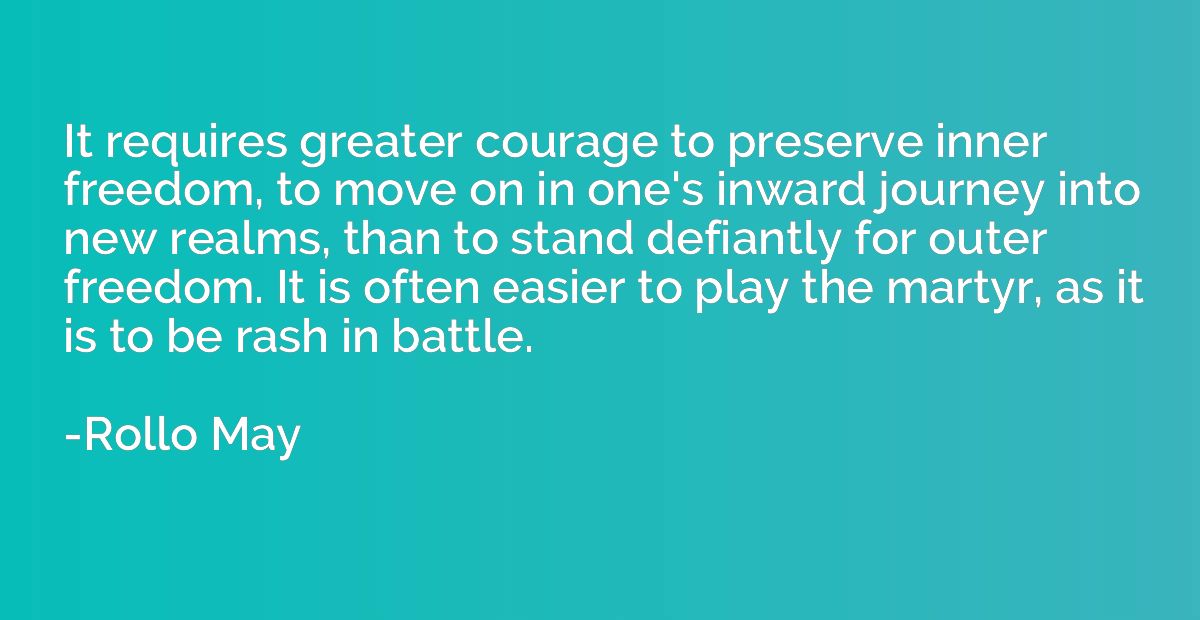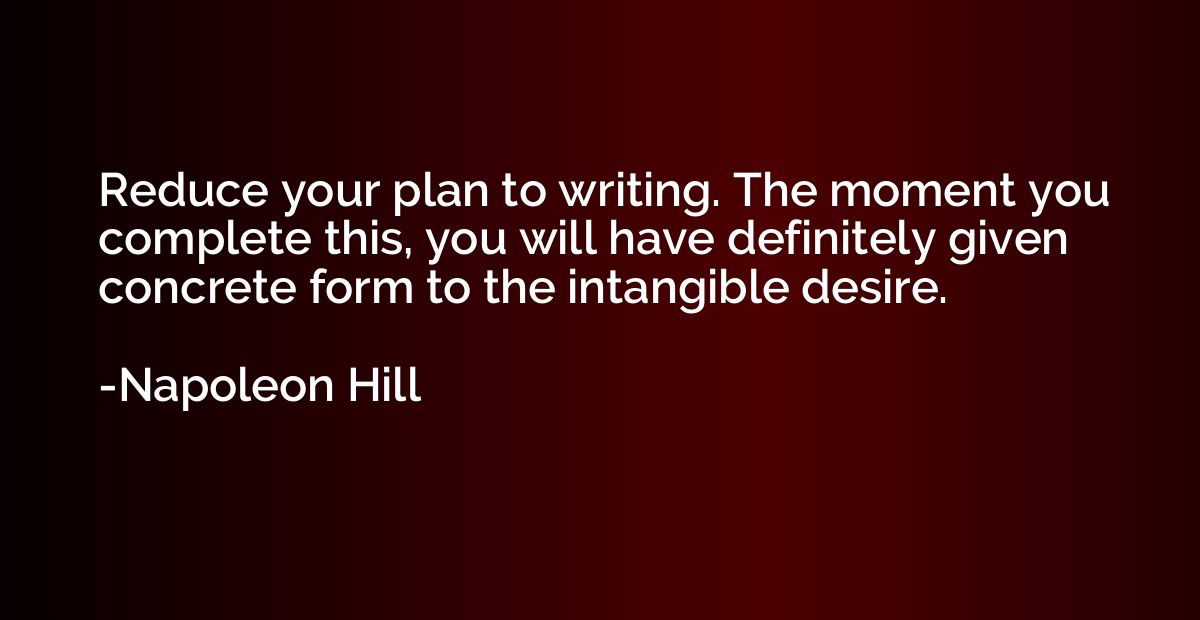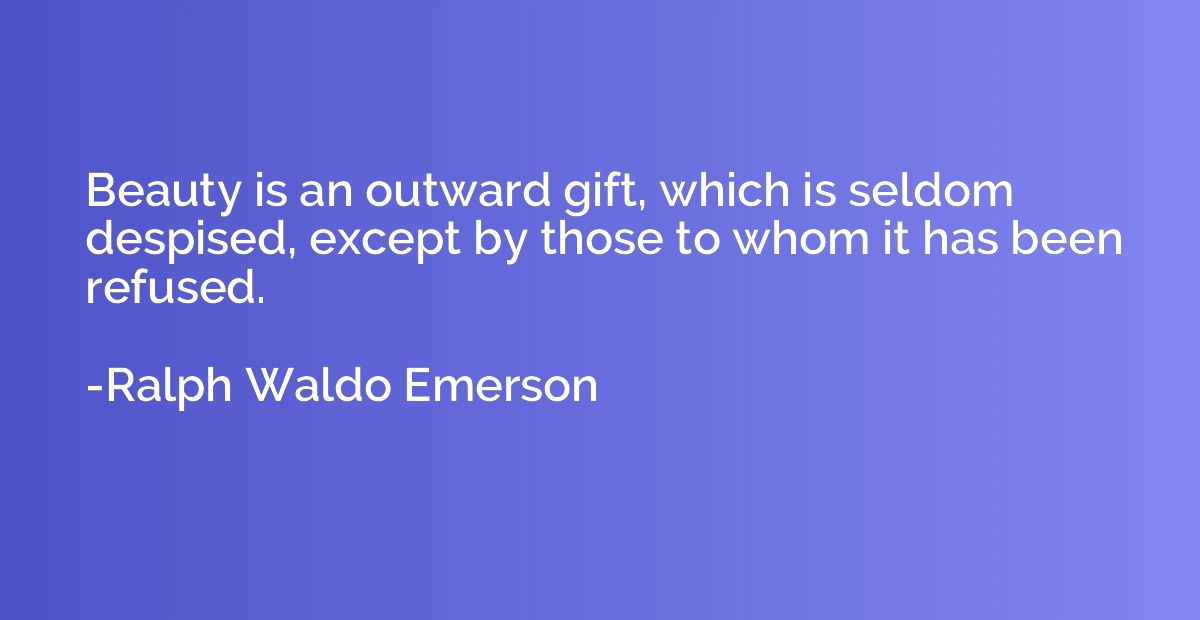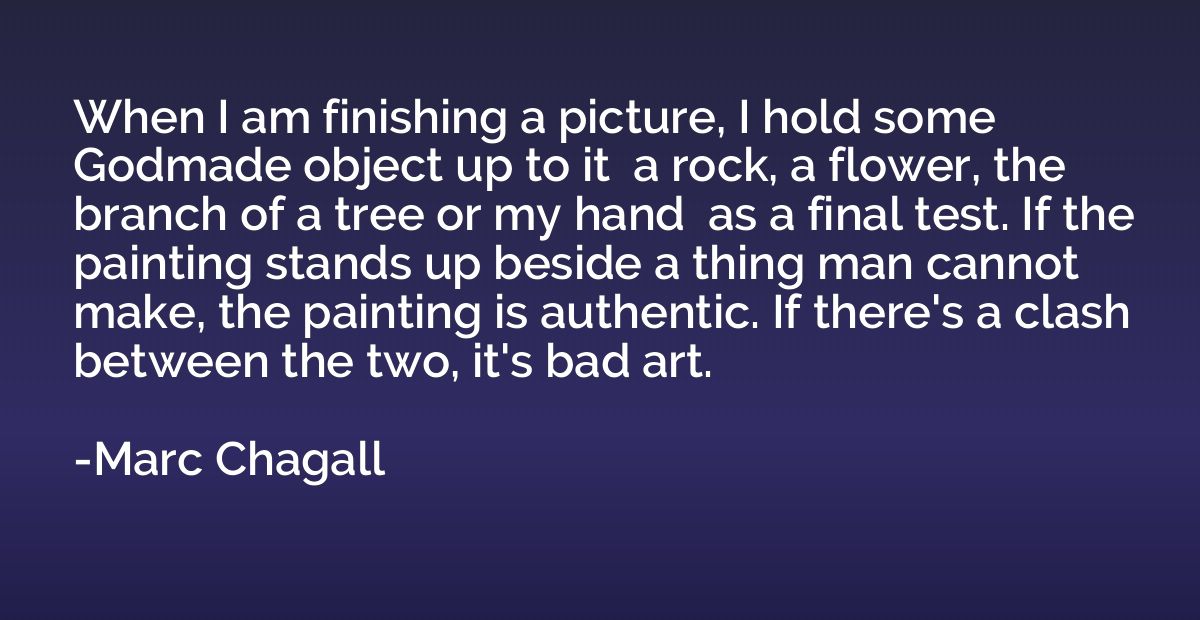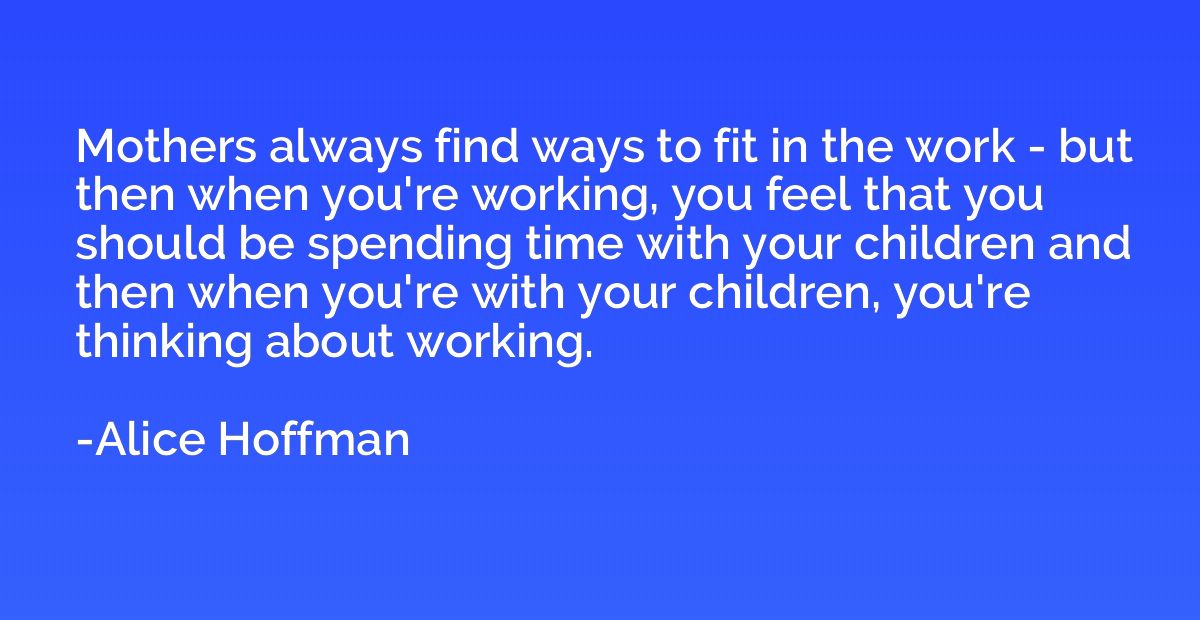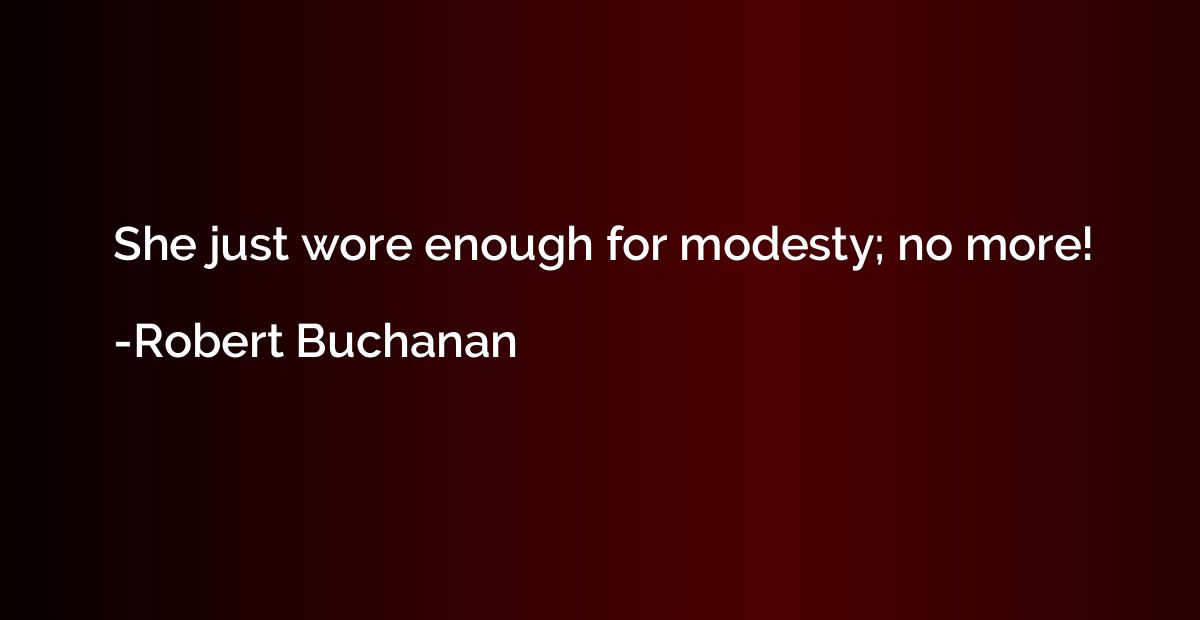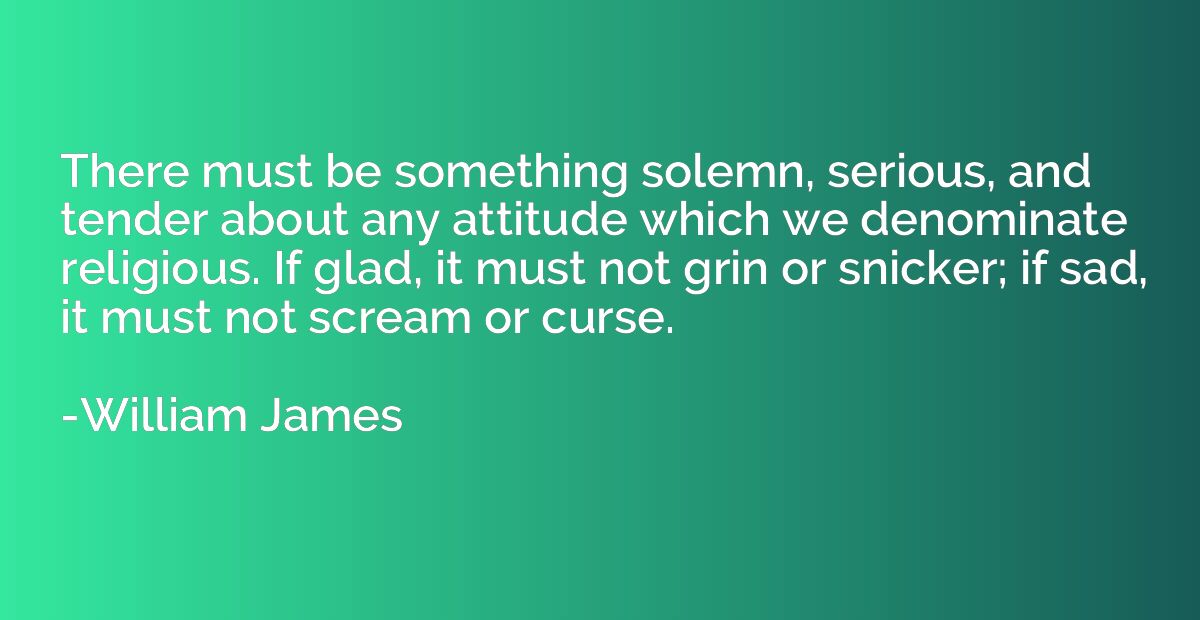Quote by John Donne
And new Philosophy calls all in doubt, the element of fire is quite put out; the Sun is lost, and the earth, and no mans wit can well direct him where to look for it.
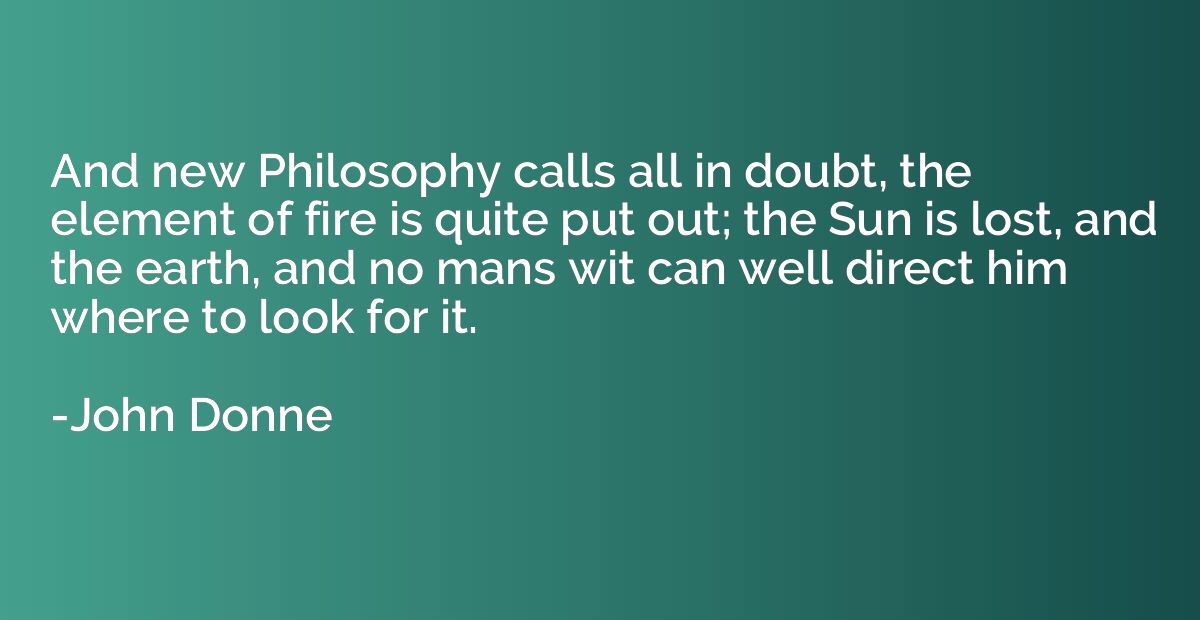
Summary
This quote alludes to the emergence of a new philosophy that instigates doubt and skepticism about established beliefs. It suggests that this philosophy has caused the loss of certainty and clarity in our understanding of the world. The mention of fire being extinguished and the sun being lost symbolize the destruction of fundamental knowledge and guidance. Essentially, it conveys the idea that this new philosophy leaves people uncertain and unable to find a clear path or direction to guide their thoughts and search for truth.
Topics
Philosophy
By John Donne



